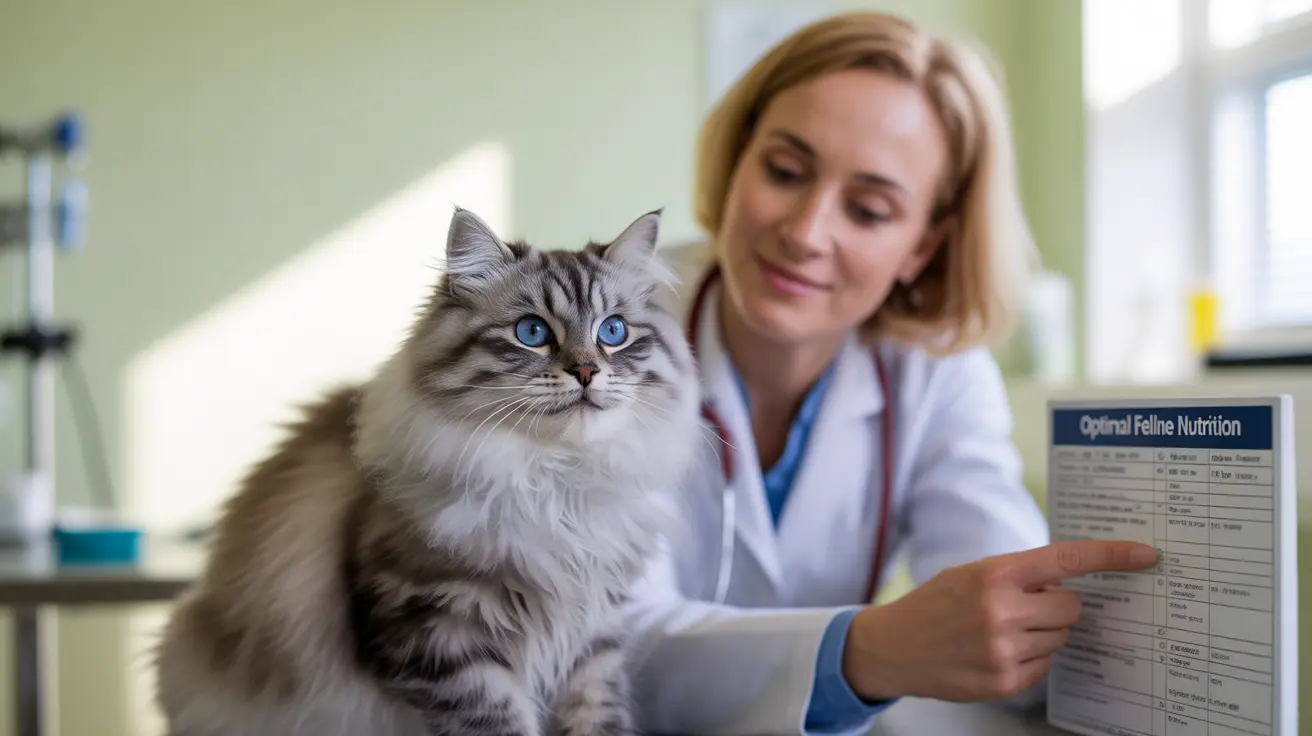Regular veterinary visits are crucial for your pet's health and longevity. However, making the most of these appointments requires asking the right questions. This comprehensive guide will help you navigate your veterinary visits effectively, ensuring your pet receives optimal care through clear communication with your veterinarian.
Understanding what to ask during these vital checkups not only helps you become a more informed pet parent but also enables your veterinarian to provide more targeted and effective care for your furry family member.
Essential Health and Nutrition Questions to Discuss
When it comes to your pet's overall wellbeing, nutrition and health monitoring form the foundation of preventive care. During your veterinary visit, be sure to discuss these crucial aspects:
Diet and Nutrition
Start by asking about your pet's dietary needs, including specific food recommendations based on their age, breed, and health conditions. Request precise portion measurements rather than relying on general guidelines, as serving sizes can vary significantly between brands and measuring tools.
Weight Management and Exercise
Discuss your pet's ideal weight range and develop an exercise plan that suits their energy levels and physical capabilities. Your vet can provide specific recommendations for activity duration and intensity based on your pet's age, breed, and health status.
Preventive Care and Wellness Planning
Preventive care is essential for catching potential health issues early and maintaining your pet's wellbeing. Key areas to address include:
Vaccination Schedules
Review your pet's vaccination history and upcoming needs. Different regions and lifestyles may require different vaccination protocols, so ensure you understand what's necessary for your specific situation.
Parasite Prevention
Discuss comprehensive parasite control, including flea, tick, and heartworm prevention appropriate for your geographic location and pet's exposure risk.
Understanding Medical Concerns and Treatment Options
Being prepared for health issues is crucial for responsible pet ownership. Cover these important aspects:
Emergency Recognition
Ask about specific signs that warrant immediate medical attention for your pet's breed and age group. Understanding these indicators can help you make quick decisions in critical situations.
Treatment Protocols
For any ongoing conditions or new diagnoses, request detailed information about treatment options, including:
- Administration instructions for medications
- Potential side effects to monitor
- Expected outcomes and recovery timelines
- Alternative treatment options if available
Financial Planning for Pet Healthcare
Understanding the financial aspects of pet care helps you prepare for both routine and unexpected expenses:
Routine Care Costs
Discuss anticipated annual expenses for preventive care, including:
- Wellness exam fees
- Vaccination costs
- Dental care requirements
- Recommended screening tests
Emergency Fund Planning
Ask about typical costs for common emergencies and consider discussing pet insurance options or wellness plans offered by the practice.
Frequently Asked Questions
What are the most important questions to ask a vet during a routine checkup?
Focus on preventive care, including vaccination status, parasite prevention, weight management, and any breed-specific health concerns. Also discuss any behavioral changes you've noticed since the last visit.
How often should I schedule vet visits for my pet?
Generally, healthy adult pets should visit the vet annually for wellness checks. Puppies, kittens, senior pets, and those with chronic conditions may need more frequent visits, typically every 3-6 months.
What type of food is best for my pet based on their age and health conditions?
The ideal diet varies based on species, age, size, activity level, and health status. Your vet can recommend specific brands and formulations that meet your pet's nutritional needs while addressing any health concerns.
How can I improve my pet's dental health at home?
Maintain regular tooth brushing with pet-specific toothpaste, use dental chews approved by the Veterinary Oral Health Council, and schedule professional dental cleanings as recommended by your veterinarian.
What are the key signs of an emergency that require immediate veterinary attention?
Watch for difficulty breathing, severe bleeding, collapse, inability to urinate, severe vomiting or diarrhea, seizures, or signs of extreme pain. Any sudden and severe change in behavior or physical condition warrants immediate attention.
Remember, building a strong relationship with your veterinarian through open communication helps ensure the best possible care for your pet throughout their life. Don't hesitate to ask questions during your visits – your vet is there to help you make informed decisions about your pet's health and wellbeing.






